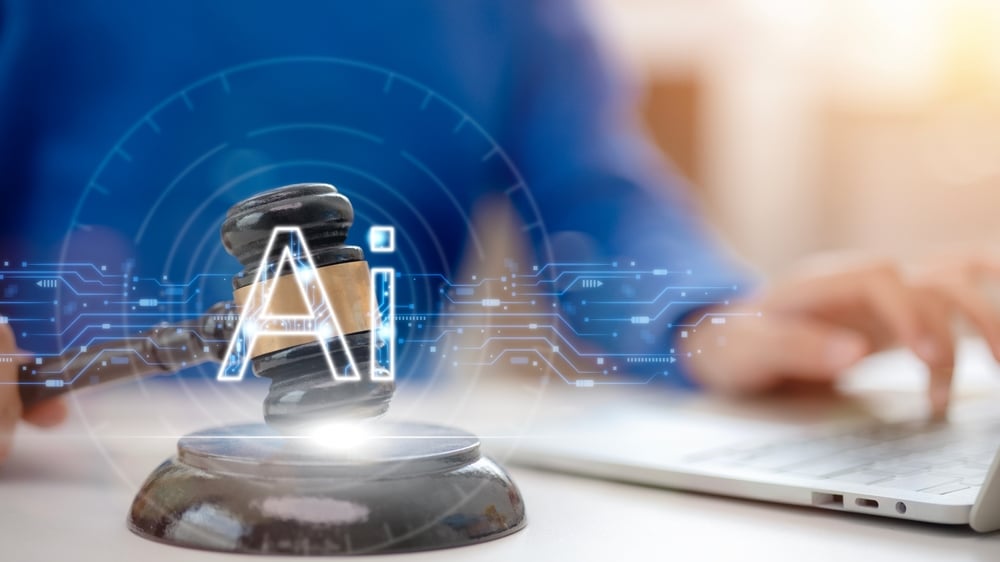Secure Use of Artificial Intelligence for Data Processing in the Legal Services Industry

As legal service providers increasingly leverage artificial intelligence to enhance efficiency and accuracy across a variety of services, ensuring the security and integrity of sensitive client data remains a primary focus and concern. The use of AI in this context must be accompanied by a robust security framework that addresses industry-specific regulatory requirements and client confidentiality obligations.
Using credible, established AI platforms allows us to ensure client data privacy and confidentiality, while also providing the best AI summary product and services through using the most advanced models for processing.
To leverage AI securely in your legal practice, check out our AI-powered deposition transcript summary service, DepoSummary Pro, and our medical record summary service, RecordSummary Pro.
To learn more about how to safeguard your confidential information, you need to be aware of potential vulnerabilities so you can take the necessary measures to mitigate risks. Download our checklist, 10 essential cybersecurity questions to ask potential vendor partners, to learn more.
Editoral Policy
Content published on the U.S. Legal Support blog is reviewed by professionals in the legal and litigation support services field to help ensure accurate information. The information provided in this blog is for informational purposes only and should not be construed as legal advice for attorneys or clients.

